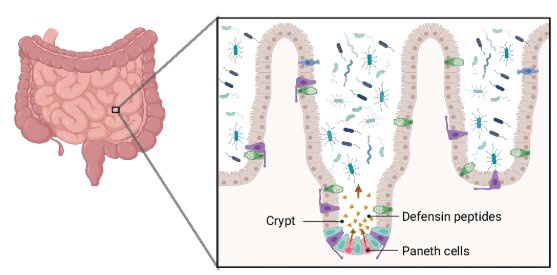Overview
- University of Sydney researchers report in The EMBO Journal that higher alpha-defensin production is linked to healthier gut bacterial profiles and reduced insulin resistance in mice.
- Feeding lab-synthesised defensin peptides to mice without the relevant genes protected some from diet-induced metabolic harm, but other strains fared worse.
- The team pinpointed Defa26 as a key gene, with supplementation improving insulin sensitivity and gut barrier function in low-expression mice yet causing low insulin, glucose intolerance, and muscle wasting in high-expression mice.
- Investigators plan to measure these peptides in people to examine relationships with the human microbiome and metabolic health, urging caution on microbiome-altering products until human data are available.
- The peer-reviewed animal study lists no competing interests, cites funding from the Australian Research Council and Diabetes Australia, and provides DOI 10.1038/s44318-025-00555-5.

